DC Comics is trying something new. In the wake of their Rebirth initiative, the publisher has rapidly expanded its content to include diverse new imprints such as Young Animal, Wildstorm, Wonder Comics, Black Label, Ink, and Zoom. As their lineup expands, it can be hard to figure out what to pick up each week. That’s what our team is here to help with, every Wednesday, with the DC Round-Up!
THIS WEEK: Let’s give consideration to the eternal question of free will in Lucifer #1.
Note: the reviews below contain spoilers. If you want a quick, spoiler-free buy/pass recommendation on the comics in question, check out the bottom of the article for our final verdict.
 Lucifer #1
Lucifer #1
Writer: Dan Watters
Artists: Max Fiumara & Sebastian Fiumara
Colorist: Dave McCaig
Letterer: Steve Wands
Can a person change? Or are we, as individuals and as a species, doomed to fall again and again, try as we might to escape the limitations set upon us by our worst inclinations?
It’s a question I’ve been thinking about a lot, lately. For the last week, I’ve been obsessed with 2040. Climate change has been a constant buzzing white noise in the background of my life since I was a kid. Back then, though, I thought it wouldn’t be my problem. It would be a problem that my kids or their kids would have to solve. But 2040. I’ll barely be middle-aged by 2040. I’ll barely be middle-aged and I might be dead in 2040.
But even in my acknowledgement of the problem, it’s not like I’m really helping to fix things. I love eating meat more than almost anyone else I know. I recycle, but mostly because my eco-conscious roommate makes it easy for me. I use electricity like water and keep the A/C on through November. And I try to be better sometimes– I do. But even at my best, all I see are others doing their worst– fracking and killing clean energy initiatives to try and revive a coal industry that, frankly, will never really come back. And these are systemic issues. Even if I fix myself in earnest and in perpetuity, the system exists beyond me. The grand design outside my hands has made its choices and, in large swaths, refuses to acknowledge that a problem even exists. So in the face of that, why should I change? And even if I do change, is the outcome of my life destined to failure all the same– for reasons utterly beyond my control?
Lucifer #1 is not about the environment. But it is about choice. It’s about what we choose to do when faced with an obstacle it was not within our power to avoid. It’s about whether the choices we make are predetermined and regardless of whether they are or not, whether our choices matter in the face of a grand design beyond our comprehension.
On the one side, we have Lucifer himself. When we see him for the first time, he’s been blinded. He’s gaunt and arguably raving mad. He’s forgotten much of himself, but beneath the endless rants lie kernels of truth. He knows that he is trapped inside this quiet and mysterious town. And he knows he needs to find a way out.
On the other hand, we have Detective John Decker, a generally earnest man whose wife is facing a cruel end to her life. A man who wants to learn the one secret that she kept from him and find out why his life seems cursed– barely even aware of just how cursed he actually is.
There’s not much forward movement to Lucifer #1. We spend most of our time watching Lucifer and Decker get kicked to the curb in their own fashions. We watch them scorned and damaged time and time again before finding a place to store their blame– their hurt and rage and sadness. Watters writes these moments of pain with the sense of elegance that a story about characters descended from a religious text demands. Lucifer #1 isn’t exactly a thrilling read, but it does succeed at creating a sullen and captivating atmosphere that readers will want to wallow in for quite some time.
And as much of the production of that atmosphere is thanks to Watters, the Fiumaras and colorist Dave McCaig steal the show. This book is beautiful, full stop. From the epic scale of the opening page which depicts the Fall to the cold, withered reality Decker and his wife reside in, the artistic team on Lucifer effortlessly builds up a tonally discordant visual language that mixes jagged, bordering on cubist, linework with soft and polished colors. The effect is the invocation of a marriage between beauty and horror– a world that reflects the character of Lucifer himself.
There are central mysteries to Lucifer #1, unveiled over time. There’s the ominously named “Gately House” and a strange mass of flesh and red haunting Decker. There’s Lucifer’s son Caliban and Lucifer’s plan to apparently take revenge upon his progeny for trapping him in this sleepy town.
But above all this, there’s the question that hangs over all our heads from the start to the finish of Lucifer #1. What’s the point of all this suffering? In the face of a world whose machinations are beyond our control, how can we progress as individuals? Are we doomed to never progress at all? And if so– how quickly and how deeply will we fall before we recognize among one another how lost we truly are?
Verdict: Buy
 Round-Up
Round-Up
- The start of Justice League‘s “Drowned Earth” event marks another world-ending crisis for Earth’s greatest legends to solve. Admittedly, this may just be me, but I’m a little exhausted by almost every Justice League story having a world-threatening crisis to tackle. I respect the idea that a proportionate amount of power needs a proportionate threat to tackle, but there comes a point where escalating stakes no longer feel more threatening but self-parodying instead. Writer Scott Snyder is definitely having fun with the material and executing the story with aplomb. I also love having Francis Manapul on art here. No bones about it, this is a competent comic, but it’s not really what I, personally, am seeking out right now.
- Moreover, the Aquaman #41 tie-in to the Drowned Earth event feels weightless as well. Centering the issue around Mera is a fine choice– I like the character a good deal– but very little happens in this story that we didn’t also see happen, albeit on a macro scale, in Justice League #10. And there’s not enough character development to justify this story on a micro scale, either. The ending twist is interesting, I suppose, if you’ve been keeping up with the Aquaman comic thus far.
Miss any of our earlier reviews? Check out our full archive!


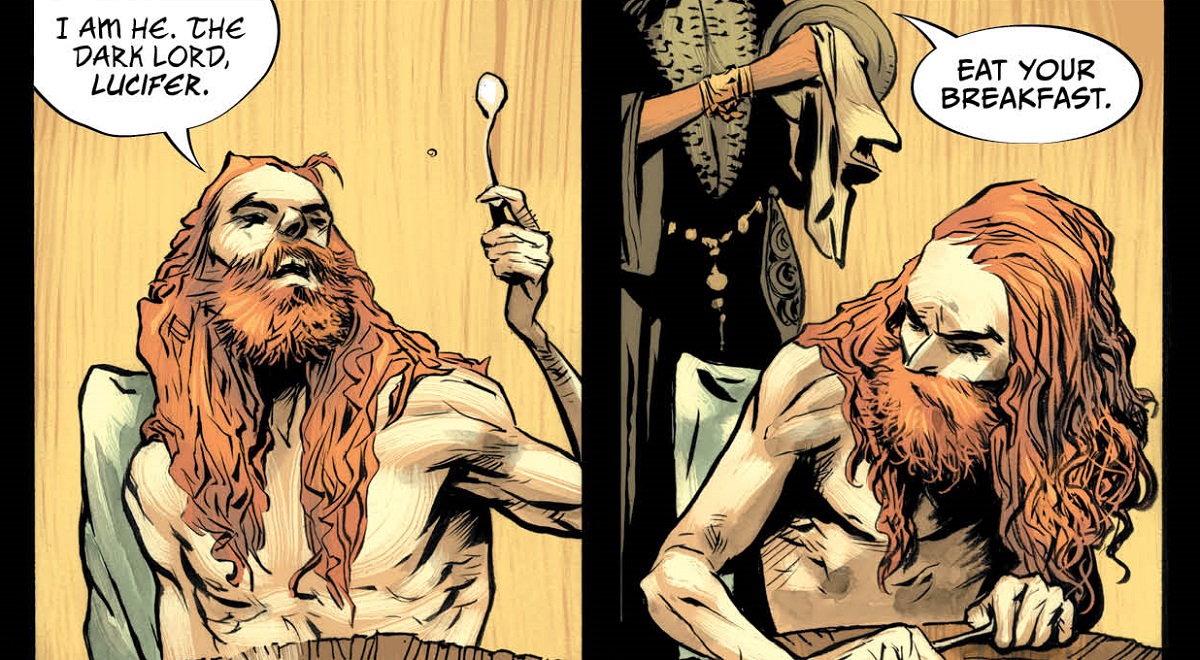

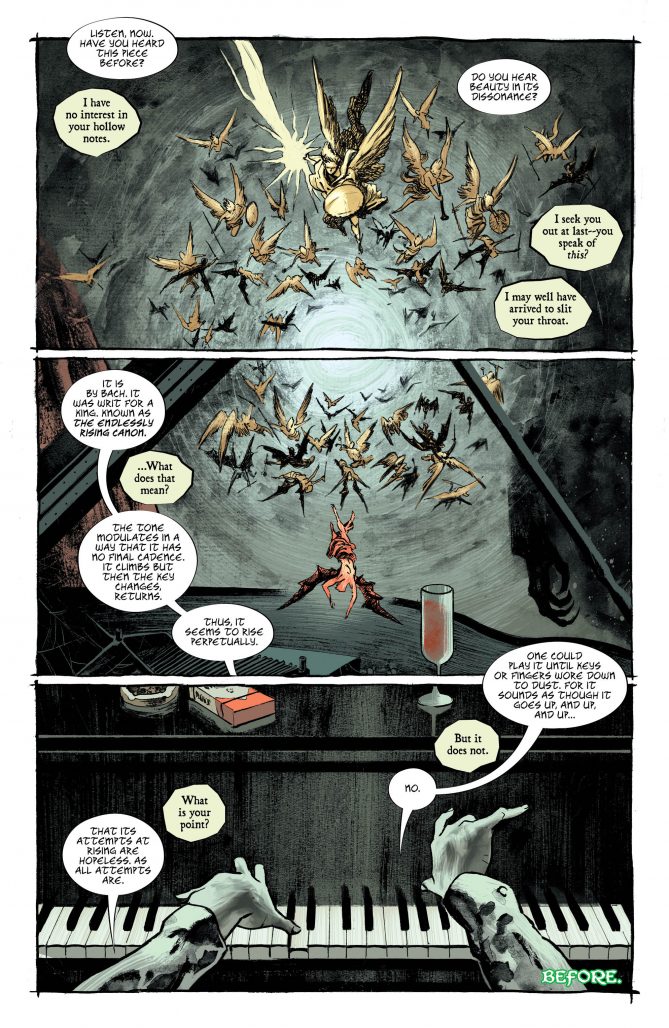
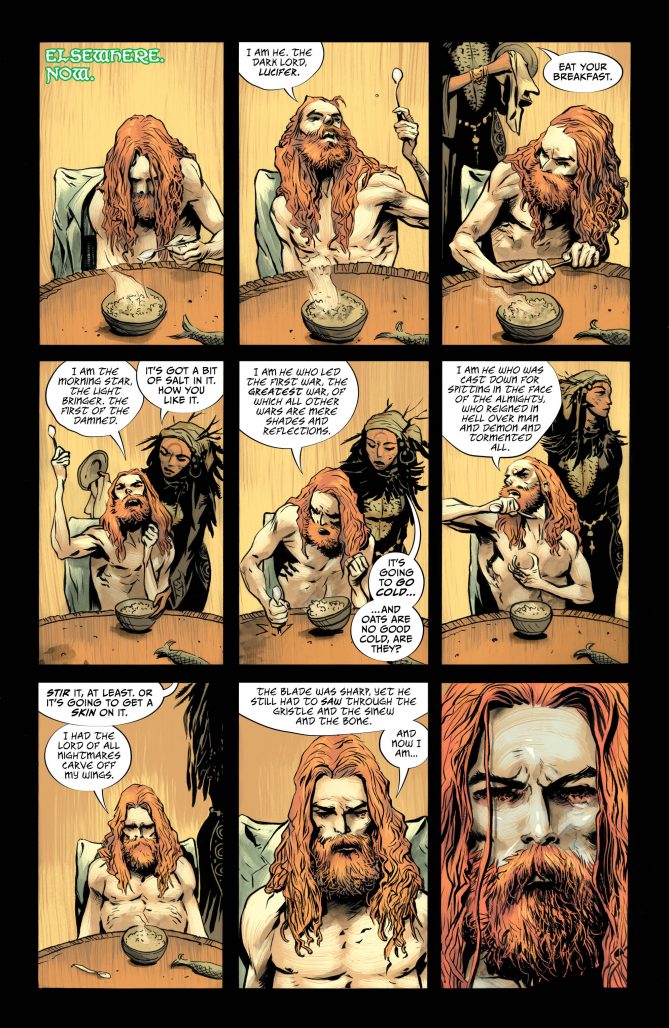
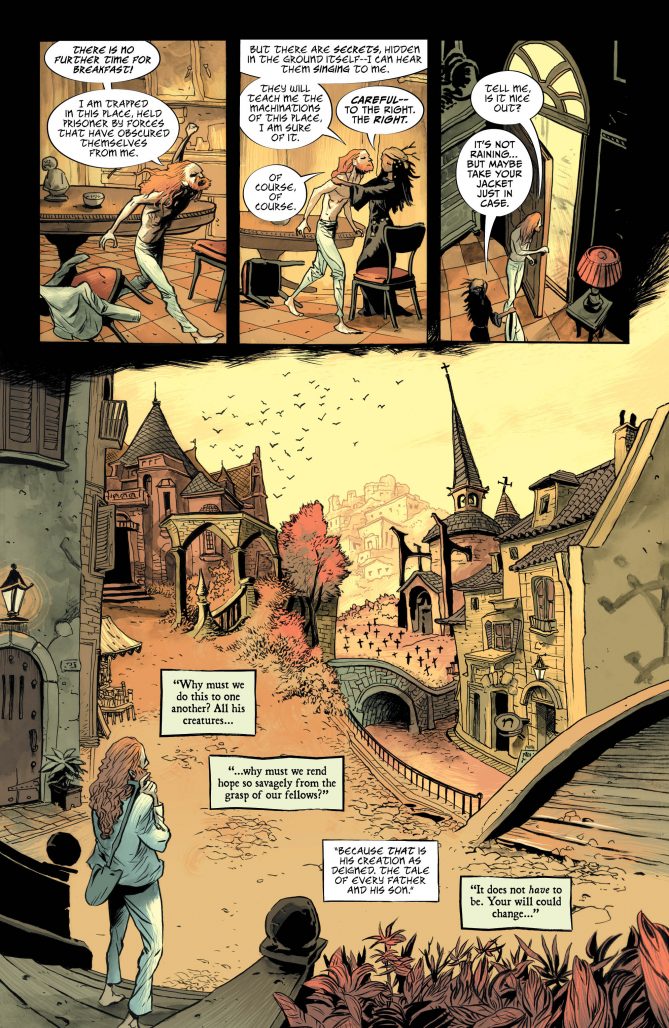
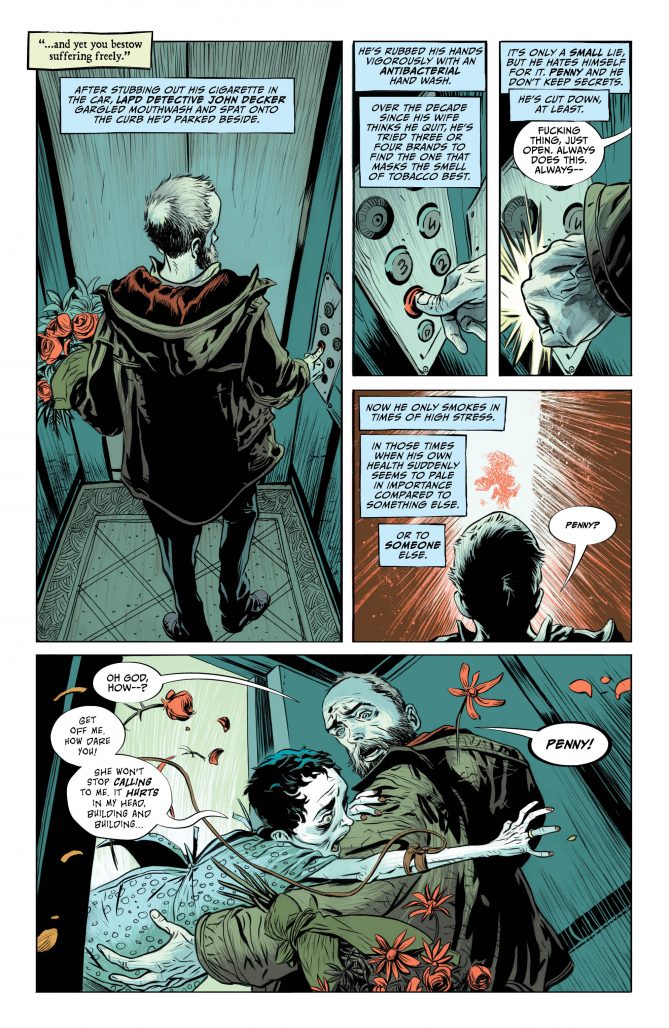
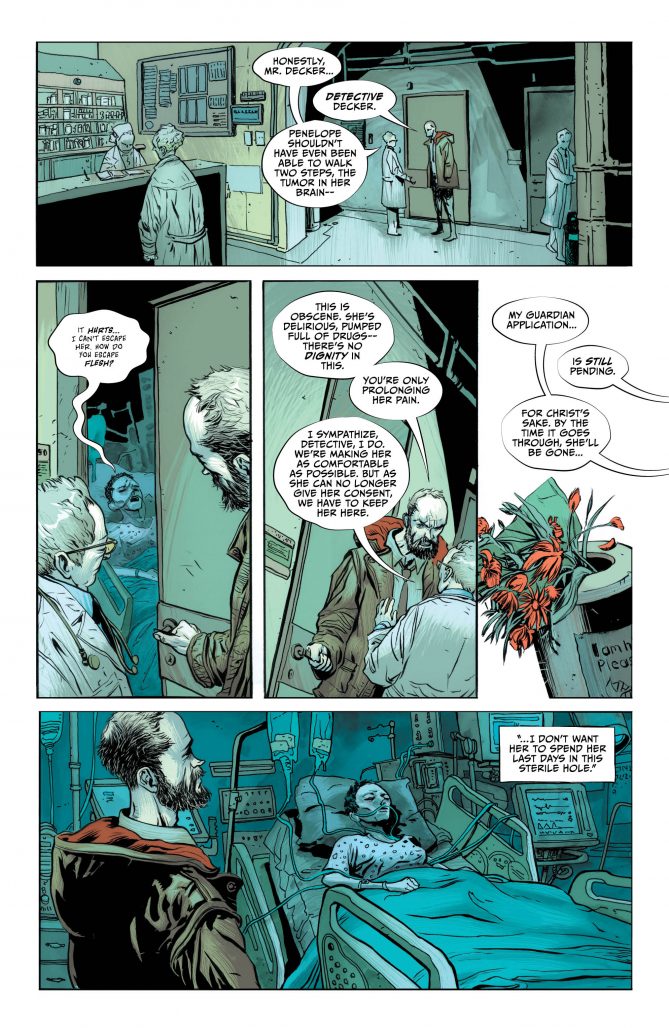
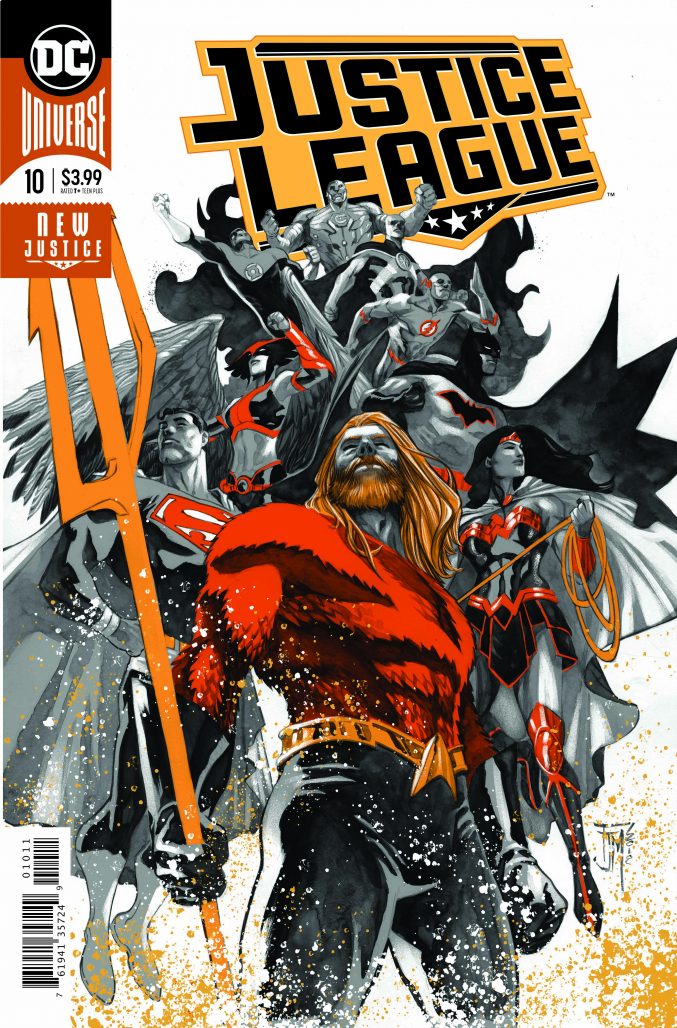

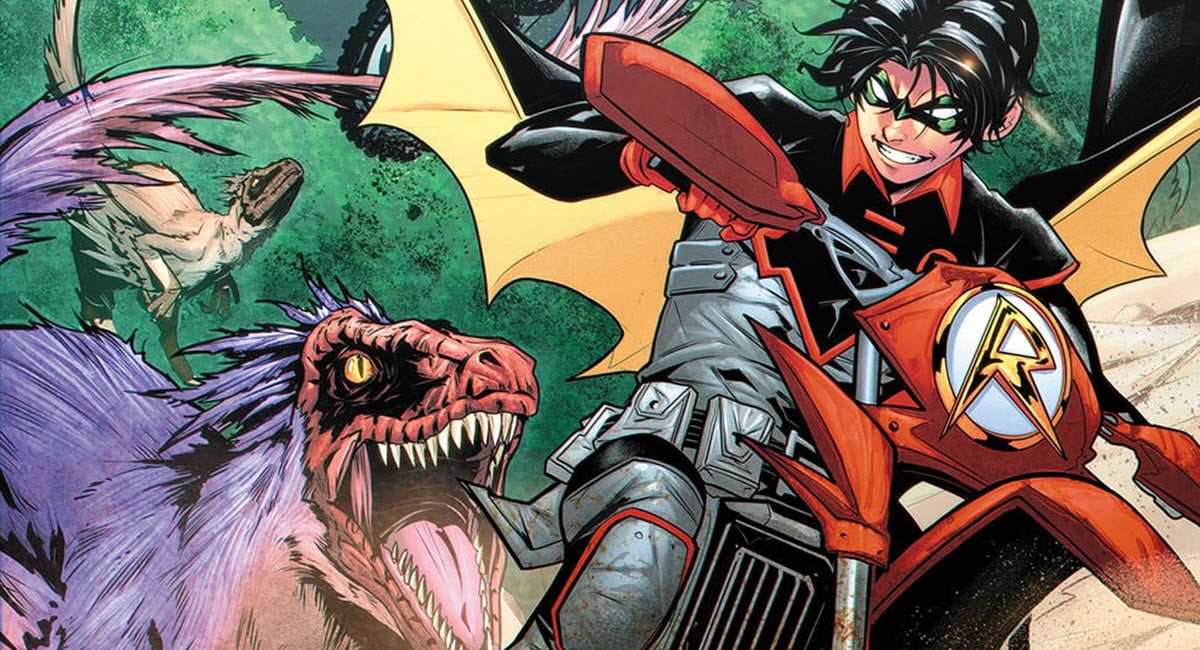

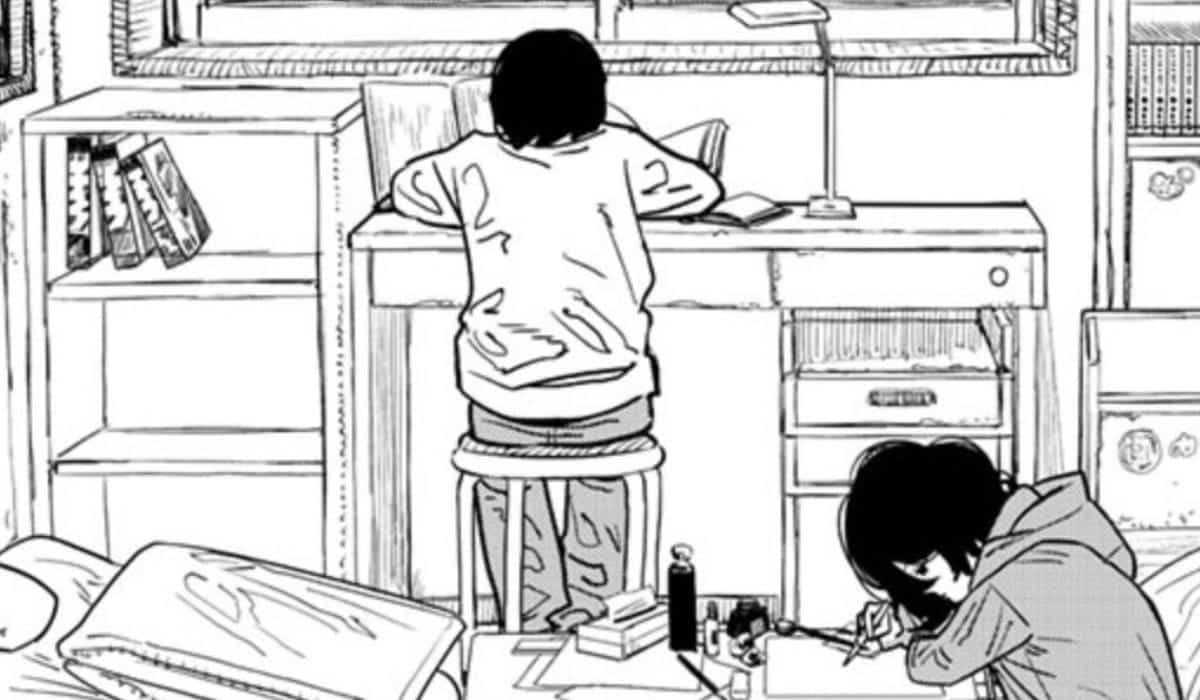

Just to comment on the third paragraph of your Lucifer #1 review: When an individual chooses to change their behavior regarding products and services, they not only can serve as an influencer to others but they also, in the aggregate, can affect the behavior of the producers of products and services. And that’s even without sending a single email or signing a petition or forwarding a meme or attending a rally or testifying at a hearing or voting on November 6.
Comments are closed.